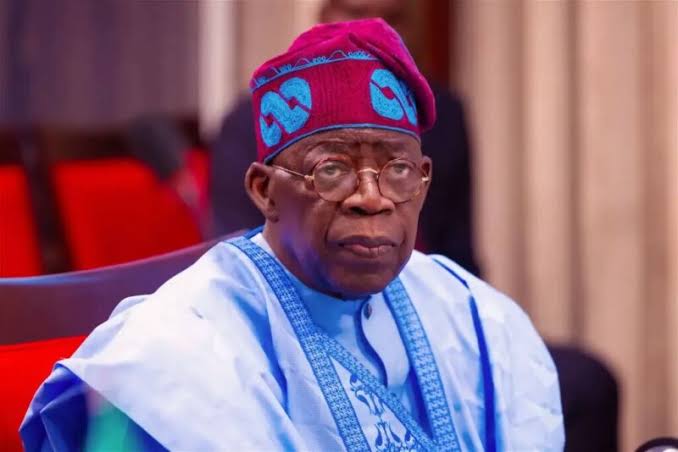Opinion: Why Tinubu’s plea for silence is an insult to duty

10 things to know about Saint Lucia amid Tinubu’s visit.
President Bola Tinubu’s plea for Nigerians to refrain from blaming him for mismanagement, betrays his democratic mandate. Elected in 2023 with a 37% vote share his plea amid economic woes and civil unrest is an insult to democracy, exposing his disconnect and unwillingness to address Nigeria’s crises. This piece is set to criticize the president plea as a symbol of undermining his duty to pilot the affairs of Nigeria.
Tinubu’s 2023 election gave him the mandate to lead Nigeria, a nation facing increasing inflation rate and 70% poverty according to CIA World Factbook. Tinubu’s plea to avoid criticism defies this responsibility, ignoring unfulfilled promises on insecurity, poverty and corruption, with thousands of conflict deaths between herdsmen and farmers or bandits attacks in Plateau, Benue, Kaduna, and Nasarawa state amongst others. Hence, this highlights his refusal to be accountable.
Moreover, Tinubu’s plea reflects a popular pattern of Nigerian political leaders shielding themselves from public criticism, with Amnesty International criticizing his human rights record in 2023. From the Lekki Toll Gate fallout in 2020 to the series of protests in 2024, he avoids scrutiny, similar to former president Muhammadu Buhari whose usual way of disregarding public criticism is “I am not aware” and more recently Sanwo-Olu’s attack on Peter Obi. Permit me to say that Tinubu’s plea for Nigerians not to blame him for not addressing the country’s situation as he had promised in his political campaigns just shows his unwillingness to tackle Nigeria’s core issues.
RELATED STORIES
10 fact-based reasons why Nigeria’s economy is far from being in shambles
Is protesting a democratic act? Criticizing Nigeria’s repression
Impact of economic hardship and inflation on PWDs in Nigeria
In addition, perhaps the crux of this critique is that Tinubu’s plea undermines democracy by stifling the right to critique, protected by Section 39 of Nigeria’s Constitution, which stipulates Nigerian citizens rights and privileges. His administration’s suppression, like the arrests of Nubari Saatah, erodes democratic space, putting himself first instead of national development amid low trust in governance, portraying democracy as a mirage in Nigeria.
While all fingers are not equal, certain individuals may claim sentiments to the president’s speech and show support for Tinubu. They might claim criticism could slowdown foreign and domestic investments, with the naira-for-crude deal failing. However, let me remind you that investors are only discouraged from making investments in a country where systemic issues like corruption and insecurity persit and not because the citizens are demanding accountability and a show of responsibility to their survival. Remember that some of this issues were caused by his policies, like subsidy removal raising the price of fuel to N900 per liter, have worsened the country’s situation and then telling the people not to criticize your failure shows you are failing and not a solution.
Final take
Tinubu’s plea reduces his duty to Nigerians who elected him for results, not leniency. He must address crises like insecurity and economic decline, not silence critics, emphasizing the people’s right to hold him accountable. Nigeria deserves a leader who faces challenges, not one who avoids them.

